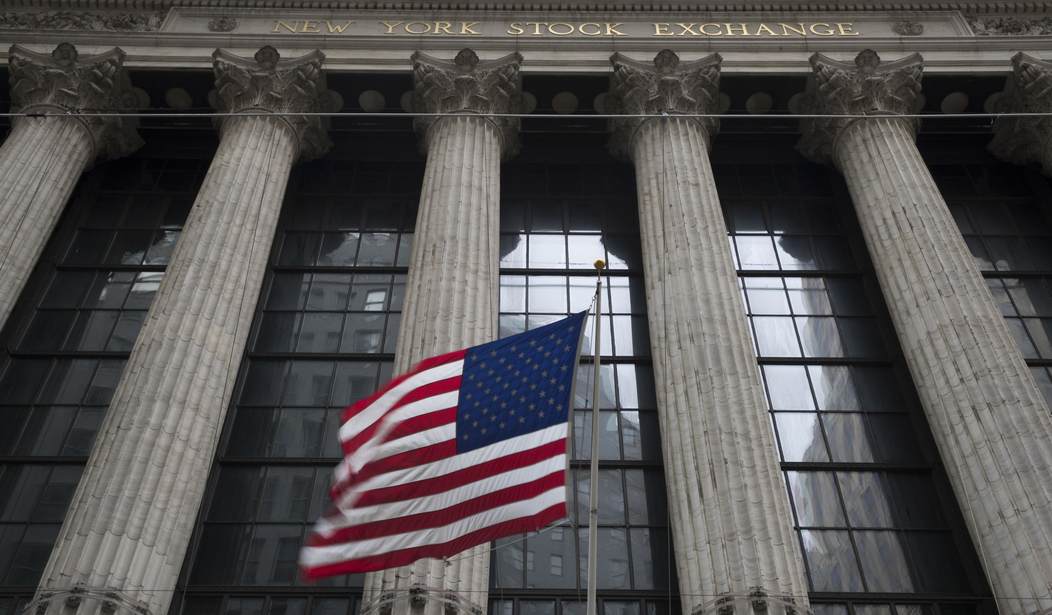As we celebrate our nation's 242nd birthday, America is caught up in a populist moment. Whether this is a good thing or not depends largely upon how you define populism.
For some, populism is nothing more than a belief that, in America, the people are supposed to be in charge. It's reminding government officials of the timeless principles eloquently expressed in the Declaration of Independence: governments derive their only just powers from the consent of the governed. All of us are created equal with an unalienable right to life, liberty, and the pursuit of happiness.
If that's what populism is all about, it's a real blessing.
However, Brookings Institute scholar William Galston properly sees other strains of populism as a fundamental threat to American democracy. Populists, according to Galston, believe there are no limits to what a majority of voters can authorize the government to do. It "puts pressure on the individual rights and limits on public power at the heart of" our system of government.
If populism is about simply winning 51 percent of the vote and imposing rules for the other 49 percent to live by, it's an invitation to tyranny of the majority. That's a curse that rejects our founding ideals and will destroy the United States. Unfortunately, there are plenty of extremists on both the political right and left embracing this view.
Recommended
We can leave the definition of populism to academics. A more important task at the moment is figuring out how the nation can move forward to more fully live out its founding ideals. On this topic, Galston offers a helpful four-point framework defining the way our governing system is supposed to work.
The first, what he calls the Republican Principle, is that the people are the "sole source of legitimacy" for our government. The second is Democracy, a concept suggesting that everybody has an equal right to participate in governing decisions and that the majority rules.
The third point in Galston's formula is Constitutionalism, a set of enduring rules for formal governance. Fortunately, the American Constitution includes an elaborate system of checks and balances built upon a separation of powers. That is essential for protecting the fourth pillar of Galston's approach: "creating a sphere beyond the rightful reach of government in which individuals can enjoy independence and privacy."
In today's world, we'd call that fourth pillar a commitment to individual freedom. Galston calls it "liberalism", based on an historic understanding of the term. It does not reflect political liberalism as understood in the 21st century.
This commitment to individual freedom is the most important part of the entire structure. It limits what a majority of voters, a majority of legislators, a majority of Supreme Court Justices, or any president can do to other Americans. That protection of individuals and minority groups is essential to the most basic of all American values: the belief that we all have the right to live our own lives as we see fit so long as we respect the rights of others to do the same.
Galston's book, Anti-Pluralism: The Populist Threat to Liberal Democracy (Yale University Press, 2018), is a healthy reminder of the ongoing challenge of balancing freedom and democracy in the 21st century. There's plenty I disagree with in it, but even more thought-provoking insights.

























Join the conversation as a VIP Member